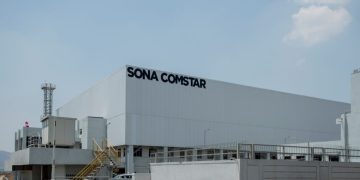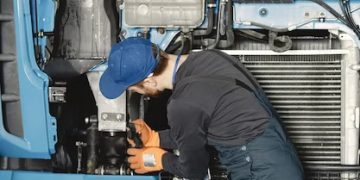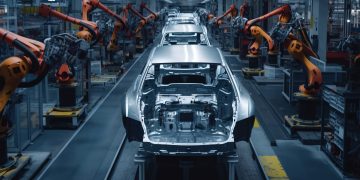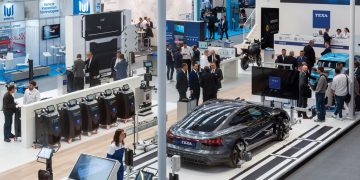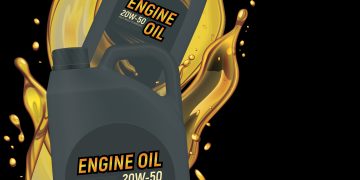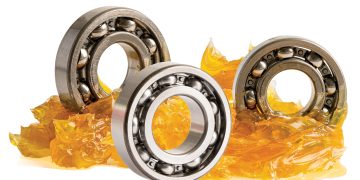US regulators are pushing for the recall of 52 million air bag inflators due to safety concerns. National Highway Traffic Safety Administration (NHTSA) officials held a public hearing where they argued that these inflators, produced by auto suppliers ARC Automotive and Delphi Automotive, have the potential to rupture and send metal fragments flying. This move could result in one of the largest recalls in US history.
Delphi Automotive, a part of Autoliv, manufactured around 11 million of these inflators through 2004 under a licensing agreement with ARC, which produced the remaining 41 million inflators. During the hearing, an ARC executive opposed the recall. NHTSA enforcement official Cem Hatipoglu emphasized that although the odds of a rupture might not be high, the consequences could be severe and potentially deadly. Currently, the air bag issue is linked to one fatality and seven injuries.
The agency had initially requested a voluntary recall in May, which was rejected by ARC. In September, NHTSA issued an initial decision that the inflators should be recalled, marking the first formal step before a mandatory recall can be enforced. These inflators were used in vehicles produced from 2000 through early 2018 by 12 automakers, including General Motors, Ford Motor, Stellantis, Tesla, Toyota Motor, Hyundai, Kia, Mercedes-Benz, BMW, and Volkswagen. It’s estimated that General Motors has at least 20 million vehicles with these suspect parts.
ARC Vice President Stephen Gold argued against a recall, suggesting that the incidents linked to the inflators were isolated and not indicative of a systemic defect. He also raised concerns about setting a low threshold for a recall demand. NHTSA countered by highlighting that the appropriate context should consider the seven incidents not in relation to 52 million vehicles but to the 2.6 million inflators estimated to have been deployed to date. Agency officials pointed out that the odds of a serious injury were one in 370,000 deployments of these inflators, attributing the issue to debris left during manufacturing.
The hearing aimed to gather public input on NHTSA’s initial determination that these inflators posed an unreasonable safety risk. NHTSA will accept public comments on the matter until December 4 before issuing a final decision. The agency has been closely monitoring air bag inflator ruptures for over 15 years, with millions of Takata air bag inflators already recalled in the United States and worldwide, linked to numerous deaths
- Latest
- Trending



































